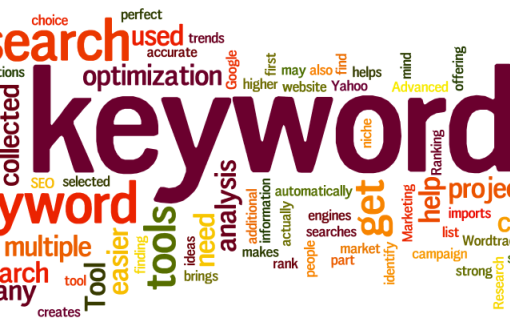In today’s digital world, search engine optimization (SEO) has become a vital aspect of any online presence. One of the most crucial components of SEO are meta titles and meta descriptions. In this article, we will explore the concept and importance of these elements, provide examples, and highlight five other essential on-page SEO factors.
Firstly, let’s define meta title and meta description. A meta title is the HTML tag that specifies the title of a web page, which is displayed on search engine results pages (SERPs) as a clickable headline. On the other hand, a meta description is a brief summary of the web page’s content, also displayed on SERPs. Both of these elements significantly impact the click-through rate (CTR) of a website, as they directly influence user engagement.
Now, let’s examine their importance regarding SEO. The primary function of a meta title is to provide a concise and accurate description of the page’s content, thereby improving the user experience. Moreover, search engines utilize meta titles to determine the relevance of a page for specific keywords. Similarly, meta descriptions offer users a brief insight into the page’s content, potentially increasing the likelihood of a click.

Here are three good examples of meta titles and descriptions:
- Meta Title: “10 Easy Vegan Recipes for Beginners | Healthy Eating” Meta Description: “Discover our selection of 10 simple and delicious vegan recipes perfect for beginners. Learn to create healthy, plant-based meals today!”
- Meta Title: “The Ultimate Guide to Smartphone Photography | Tips & Tricks” Meta Description: “Master the art of smartphone photography with our comprehensive guide. Explore techniques, gear recommendations, and editing tips for stunning photos.”
- Meta Title: “How to Choose the Perfect Mattress | Expert Advice” Meta Description: “Struggling to find the right mattress? Our expert advice will help you navigate the world of mattresses, ensuring a great night’s sleep every time.”
Conversely, here are three bad examples:
- Meta Title: “Vegan Recipes” Meta Description: “Vegan recipes on our website.”
- Meta Title: “Photography Guide” Meta Description: “Learn about photography.”
- Meta Title: “Mattress Tips” Meta Description: “Choosing a mattress.”
In addition to meta titles and descriptions, five other important on-page SEO factors are:
- Keyword Research: Identifying and incorporating the right keywords relevant to your content helps search engines understand your page’s topic and improves ranking.
- Header Tags: Using proper header tags (H1, H2, H3) provides a clear structure for your content, making it easier for both users and search engines to understand.
- Image Optimization: Compressing and adding alt tags to your images improves page load time and accessibility, enhancing the overall user experience.
- Internal and External Linking: Incorporating relevant internal and external links in your content boosts authority, enhances user experience, and helps search engines crawl your site effectively.
- Mobile Responsiveness: Ensuring your website is mobile-friendly improves usability and enhances the user experience across various devices, a factor search engines now prioritize.




